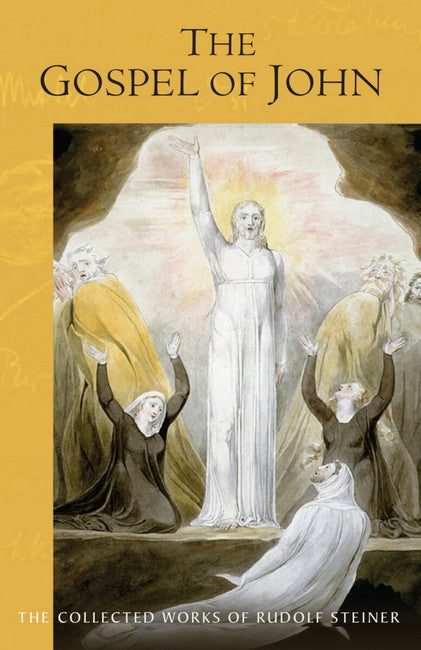Rudolf Steiner (1861–1925) was born in the small village of Kraljevec, Austro-Hungarian Empire (now in Croatia), where he grew up. As a young man, he lived in Weimar and Berlin, where he became a well-published scientific, literary, and philosophical scholar, known especially for his work with Goethe’s scientific writings. At the beginning of the twentieth century, he began to develop his early philosophical principles into an approach to systematic research into psychological and spiritual phenomena. Formally beginning his spiritual teaching career under the auspices of the Theosophical Society, Steiner came to use the term Anthroposophy (and spiritual science) for his philosophy, spiritual research, and findings. The influence of Steiner’s multifaceted genius has led to innovative and holistic approaches in medicine, various therapies, philosophy, religious renewal, Waldorf education, education for special needs, threefold economics, biodynamic agriculture, Goethean science, architecture, and the arts of drama, speech, and eurythmy. In 1924, Rudolf Steiner founded the General Anthroposophical Society, which today has branches throughout the world. He died in Dornach, Switzerland.
Description
Introduction by Robert McDermott
1. The Doctrine of the Logos
2. Esoteric Christianity and the Divine Human Archetype
3. The Mission of the Earth
4. The Raising of Lazarus
5. Pre-Christian Initiation and the Marriage at Cana
6. The “I Am”
7. The Mystery of Golgotha
8. Human Evolution in Relation to the Christ Principle
9. The Prophetic Documents and the Origin of Christianity
10. The Activity of the Christ Impulse within Humanity
11. Christian Initiation
12. The Nature of the Virgin Sophia and of the Holy Spirit
Editorial and Reference Notes
Rudolf Steiner’s Collected Works
Significant Events in the Life of Rudolf Steiner
Name Index

